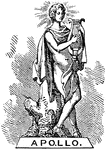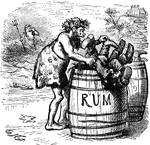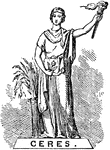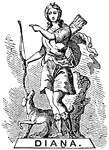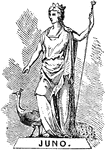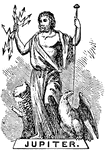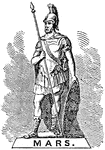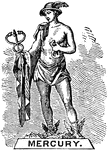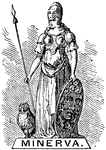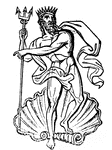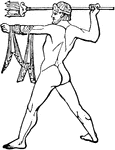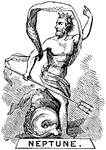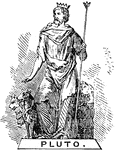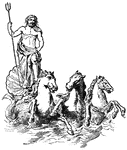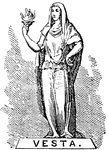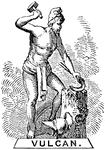Clipart tagged: ‘Neptune’

Isthmian crowns
"The Nemian and Isthmian games occurred more frequently than the Olympic and Pythian. They were celebrated…

Medal of Attalia
A medal of Attalia. One side pictures Neptune with his trident, suggesting that Attalia was a seaport.…
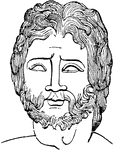
Head of Neptune
"The following cut from an antique in the British Museum, represents the head of Neptune. The hair rises…

Temple of Neptune
"Paestum, the Greek Poseidonia, was a colony of Sybaris. The malarial atmosphere of the place led to…
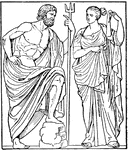
Poseidon
The Greek god of the sea, identified by the Romans with the Italian deity Neptune. A son of Kronos and…
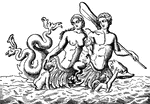
Tritons
"Triton was the son of Neptune and Amphitrite, and the poets made him his father's trumpeter. Proteus…

